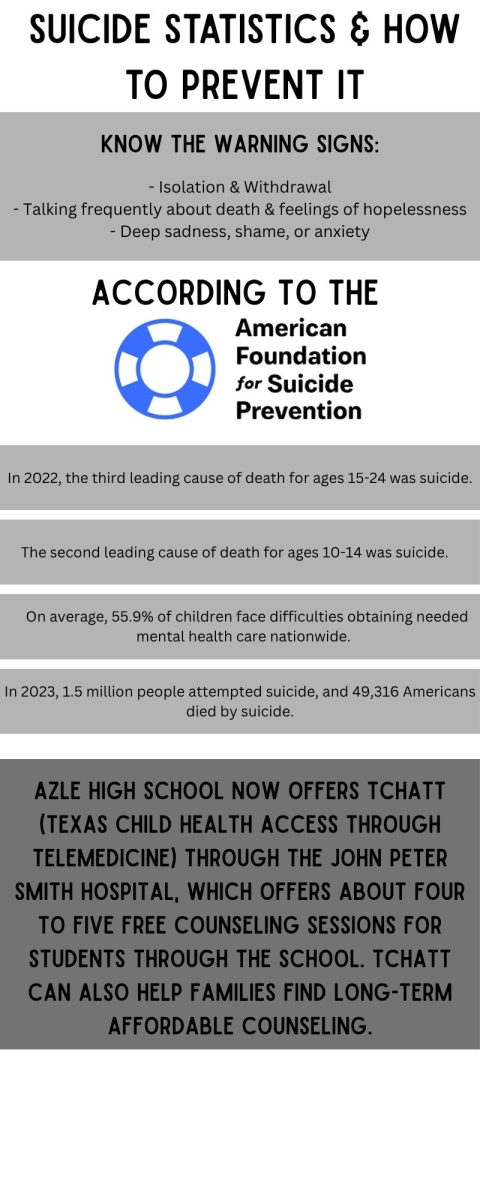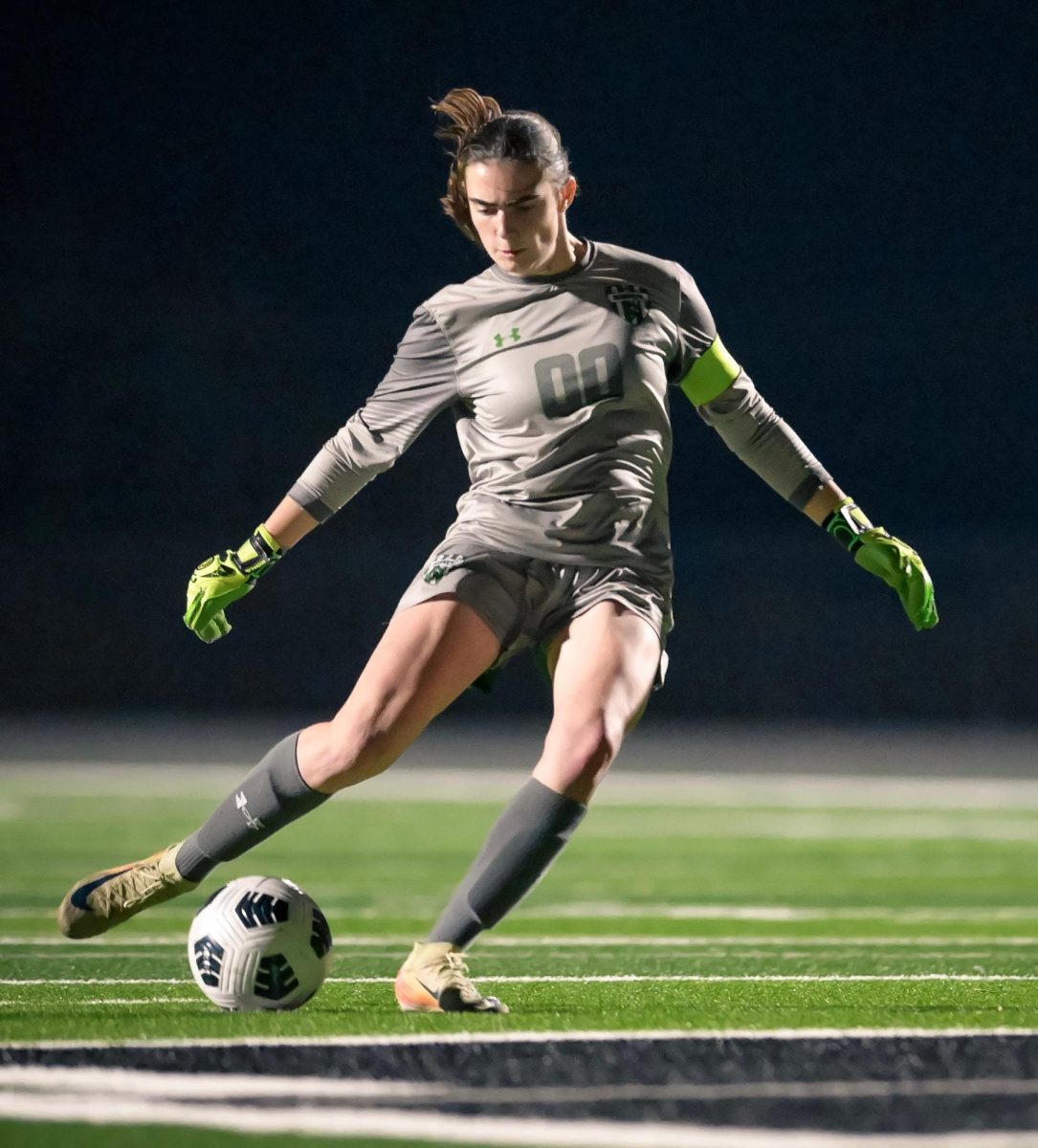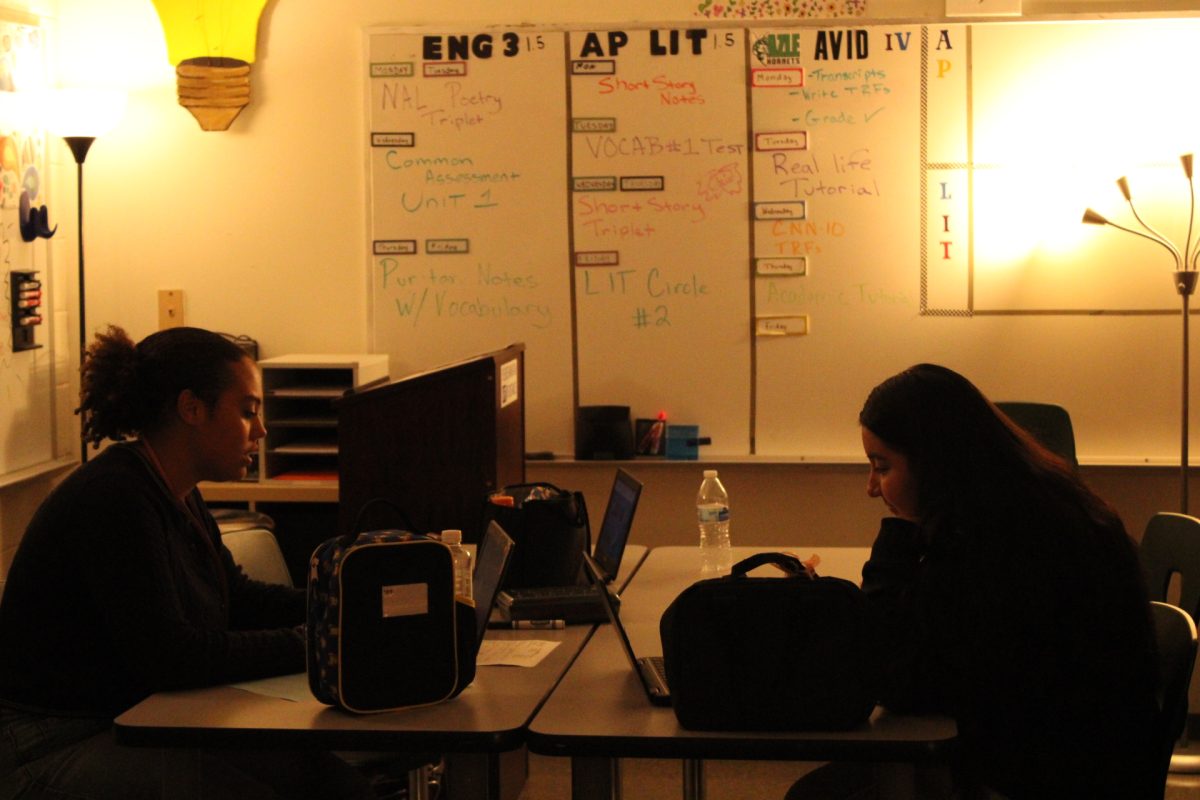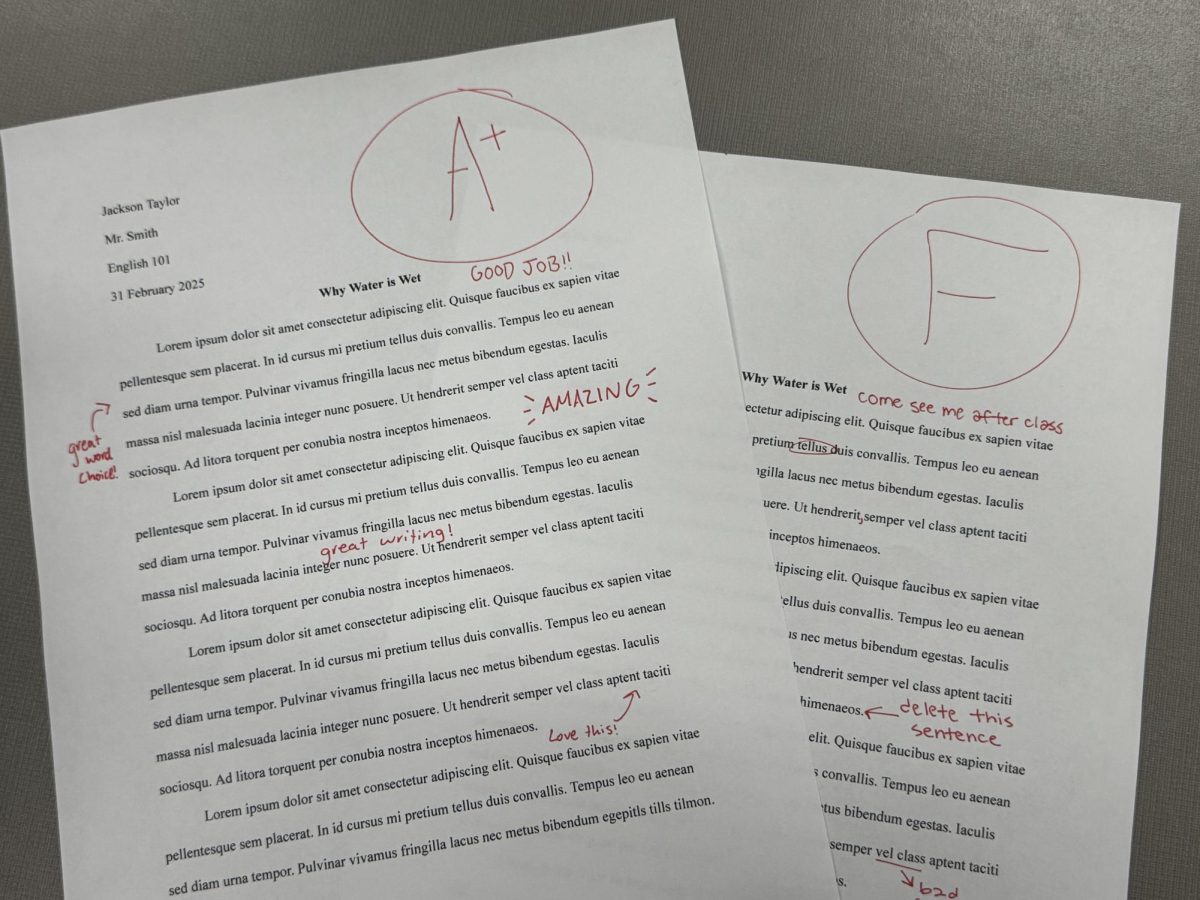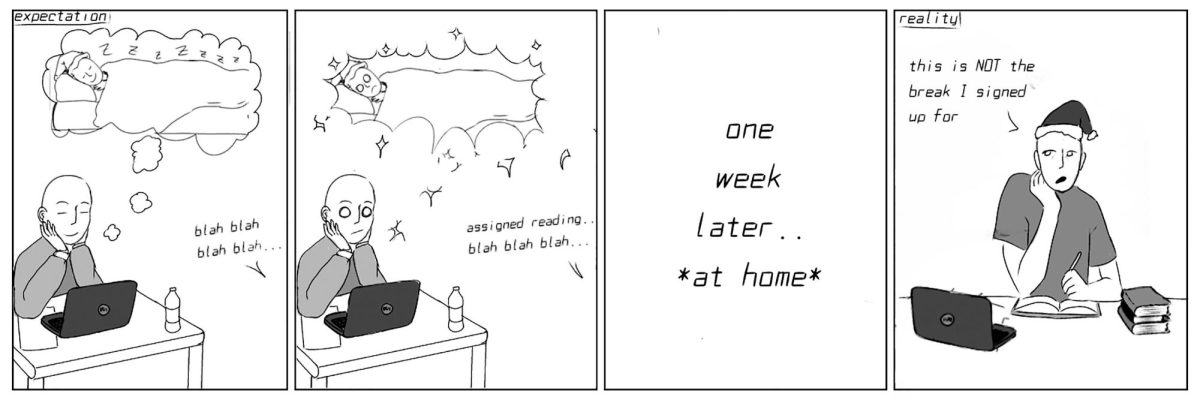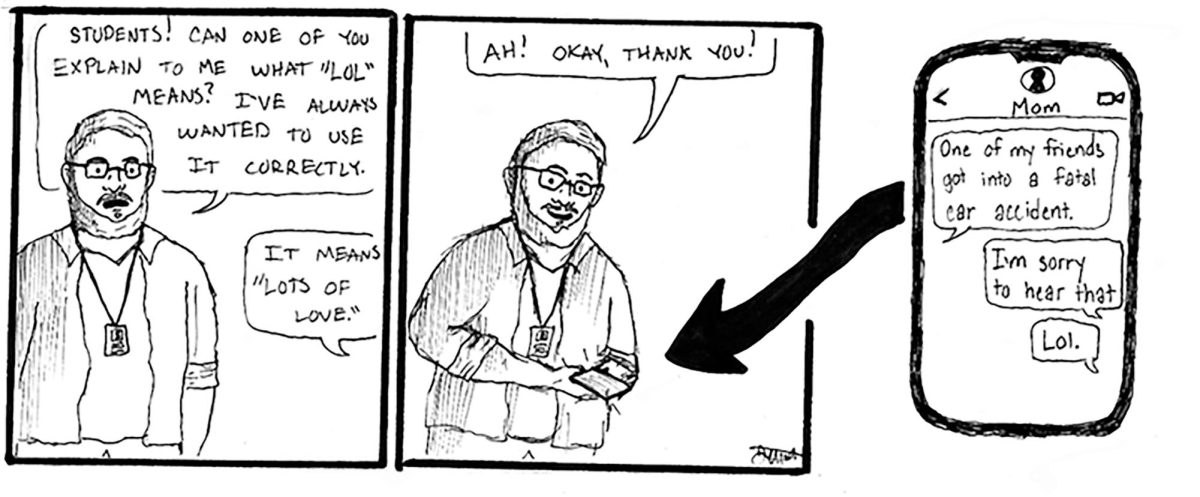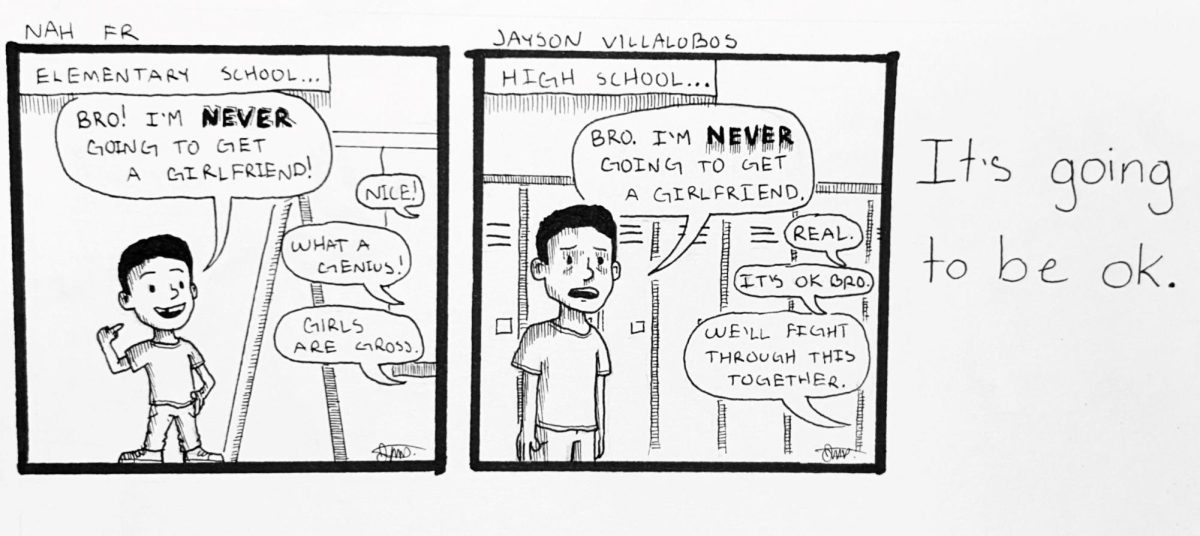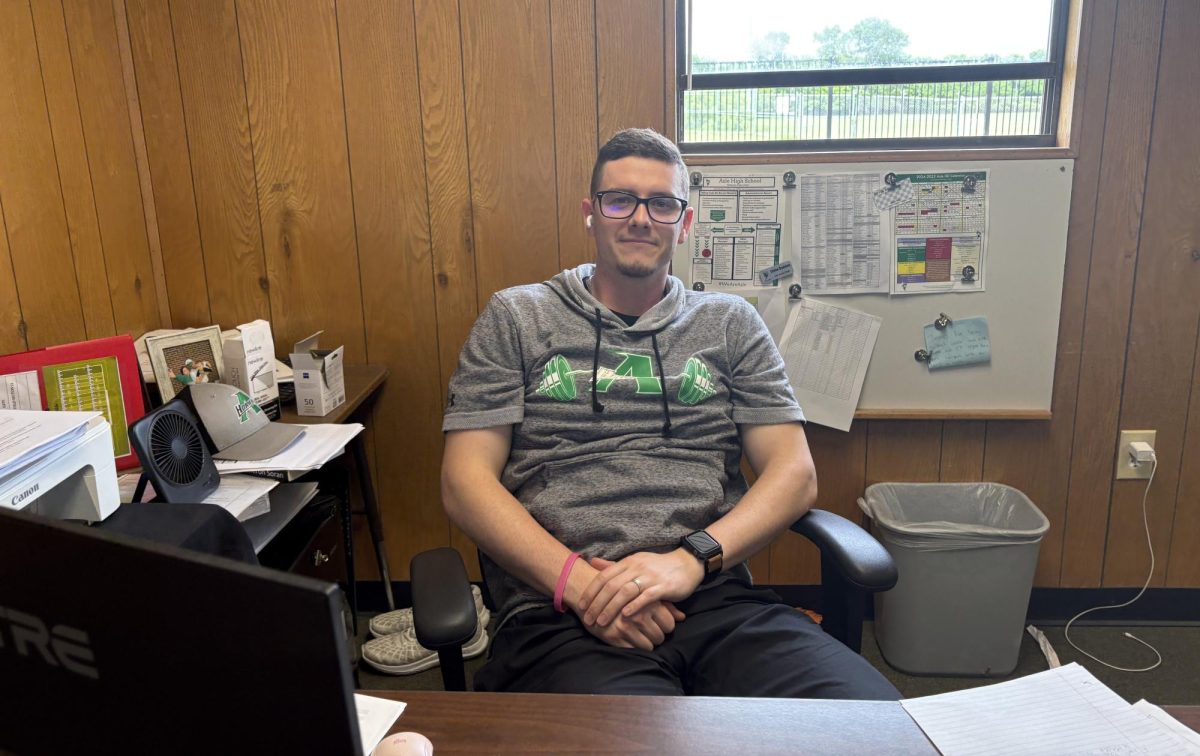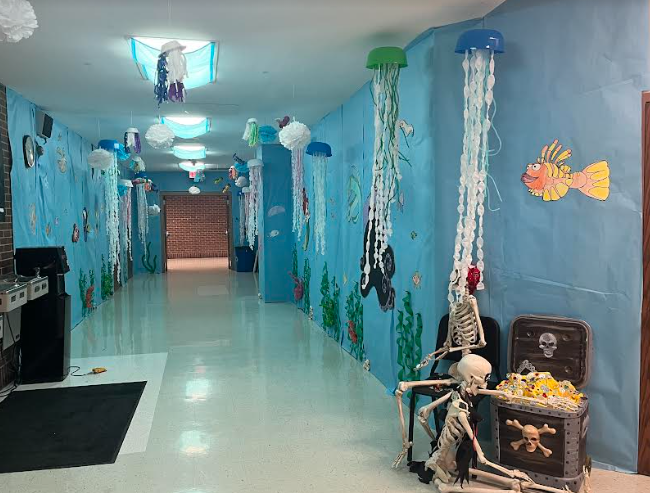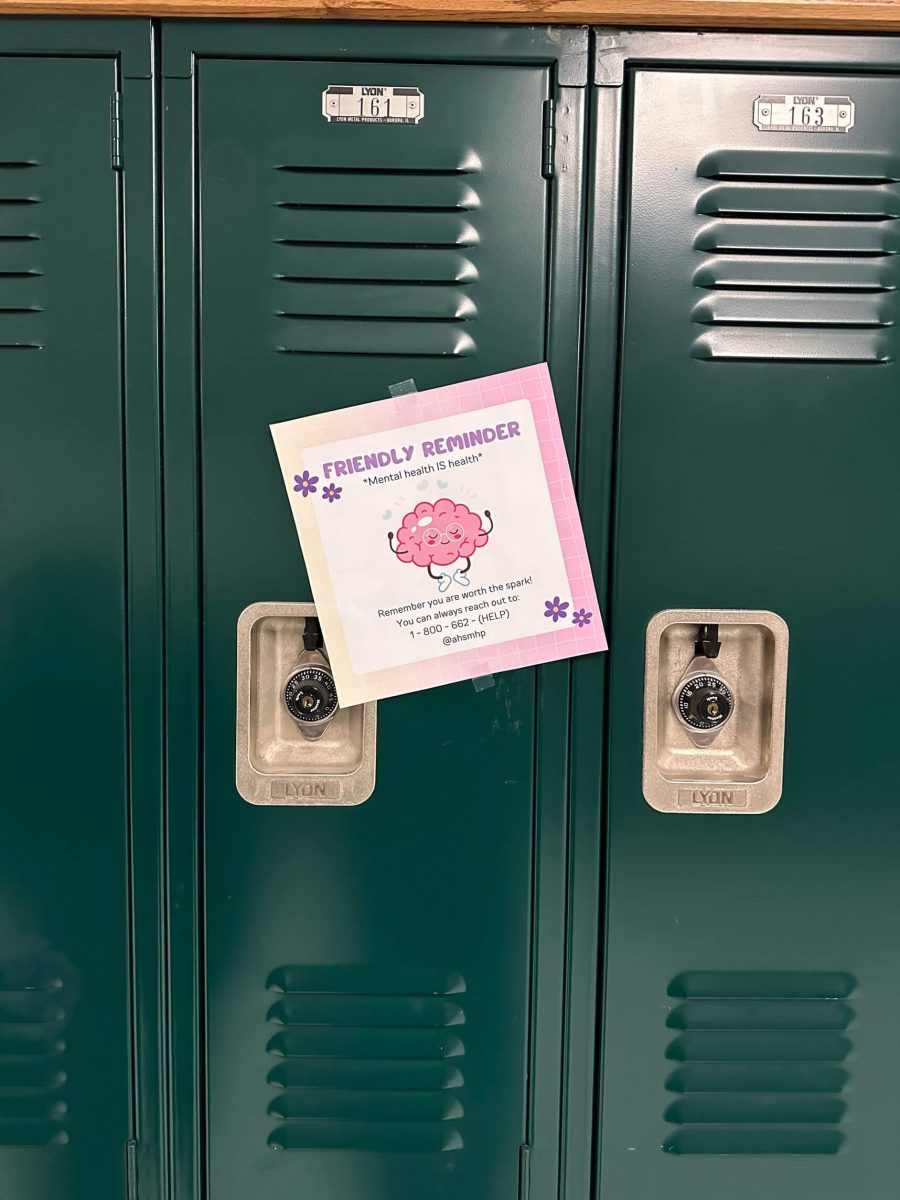Fatigue and mental exhaustion. The two biggest symptoms students say are affecting their well-being from regularly staying after hours because they’re told constantly to do more. It leads to a continuous cycle of going to school, doing extracurricular activities, getting home late, and completing unfinished assignments well into the night before being able to sleep. Then getting up early the next morning to do it all over again.
“There are times when I’m at home crying, thinking, ‘Should I really be doing all of this?’” sophomore Alexia Alonso said. “I have fun, just the aftermath is sometimes not worth it.”
There are social and personal demands students face that encourage students to keep high grades while stepping out of their comfort zone and participating in extracurriculars for future benefits like scholarships and career opportunities.
“It’s hard to do what you’re expected and keep good grades,” Alexia said. “I have barely any time to study or do homework because I am told I have to do more to get into college and if I want to have a good degree and not be on the streets.”
In addition to staying after, students come to school early to make up missed assignments, take tests and participate in other extracurricular activities. Junior Gianna Schroeder said that in previous years, she woke up early for swim practice and stayed late for band practice.
“When I was getting to the school at five in the morning and not leaving till 10 o’clock at night, I felt bad all the time because I didn’t have enough sleep,” she said. “I’d sleep in classes and my grades would go down and then my mental health would go down.”
Most students give up free time to meet deadlines for assignments while experiencing external factors, whether that be at school, work, or home, that need to be addressed.
“You have to find the extra three minutes you have in the day and finish some things you need to in class or stay up until egregious hours finishing things even though you want to sleep,” Gianna said.
These same students tend to stress about how high or low their grades are and wonder if they’re doing enough, making it hard to have fun in what extracurriculars they are involved in.
“I find that the students who are obsessed with school, I worry about what they will do after they leave here,” math teacher Chad Cooke said. “I don’t know how they will fill that space that they have been filling with just school and just academics all the time. I think they should just be having fun for the sake of having fun.”



